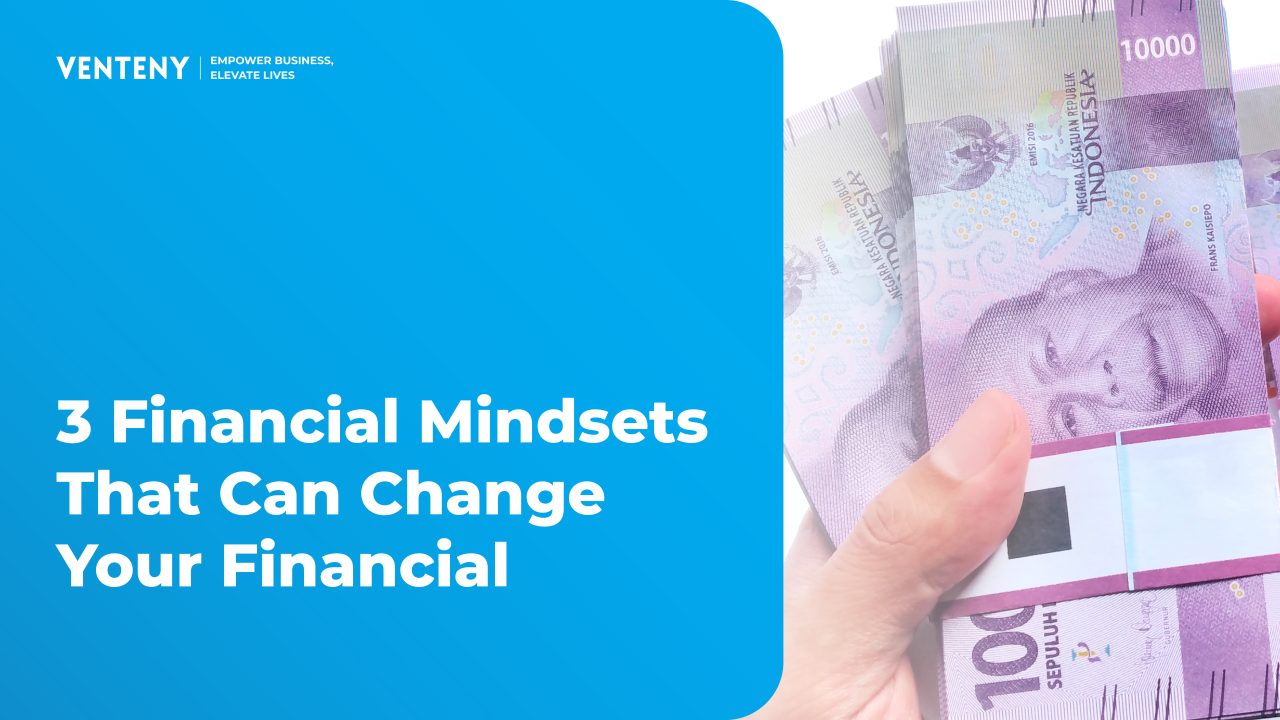Working from morning to night, living super frugally, but your finances still feel stuck? Relax, you are not alone. Many people face the same struggle. The real problem often isn’t about how much money you make, but how you think about and manage it. Your financial mindsets play a huge role in shaping your money situation. Let’s look at three common money mindsets: the poor mindset, the rich mindset, and the wise mindset.
Poor Mindset: Trapped in the Cycle of Lack
Having a poor mindset means viewing money solely as a means to survive, rather than as a tool to be managed for the future.
Signs of a poor mindset:
- Always feeling like money is never enough
- Spending on things that aren’t urgent or necessary
- Focusing only on short-term needs without planning ahead
The result? Life feels like an endless loop: salary comes in, is spent on daily expenses, and then we wait for the next paycheck. Saving becomes difficult, and debt becomes a constant risk.
Rich Mindset: Chasing Bigger Income
Unlike those with a poor mindset, people with a rich mindset focus on increasing their earnings. They are always looking for opportunities, whether through side jobs, small businesses, or investments.
The advantage is clear: this mindset opens the door to building assets and growing wealth. But there are risks too. Being overly focused on chasing money can lead to burnout, especially if it’s not balanced with effective financial management. Ultimately, even a high income can still feel chaotic if expenses are out of control.
Wise Mindset: Balanced and Smart with Money
The ideal mindset is the wise mindset. Here, people are not only eager to earn more but also smart in managing what they have.
Signs of a wise mindset:
- Can clearly distinguish between needs and wants
- Always set aside money for savings and emergencies
- Allocates funds for long-term investments
For example, from every paycheck, part goes to daily needs, part to an emergency fund, and part to investments. With this mindset, money isn’t just passing through your account; it’s actively building a more stable future.
Why Mindset Matters
Because your mindset influences every small financial decision you make each day, someone with a high income can still feel broke if they have a poor mindset. On the other hand, someone with a modest income can feel secure if they practice a wise mindset.
Shifting your perspective on money can be the turning point for improving your financial health, from being more disciplined in saving to being more competent in managing your cash flow.
Closing
So, which mindset do you have right now? Are you still stuck in a poor mindset, chasing a rich one, or have you reached a balanced, wise one?
Remember, even small changes in how you think about money can create a significant impact. Once your mindset changes, your money habits follow, and that’s where the journey toward healthier finances begins.




